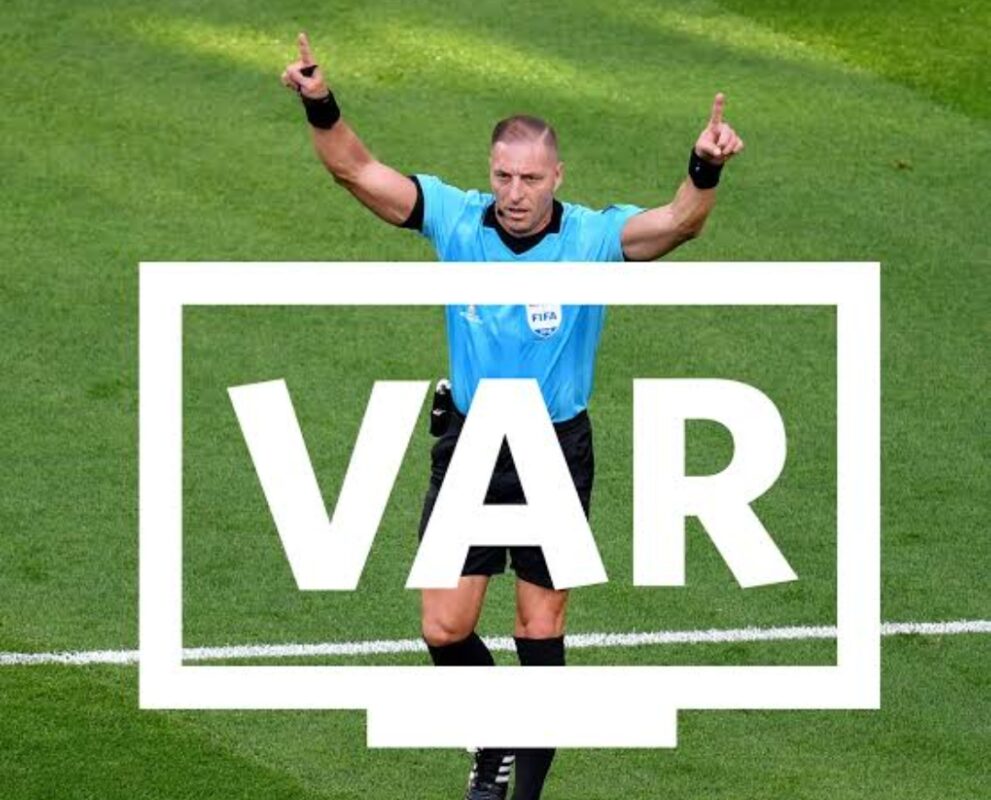In recent years, the world of football has witnessed a significant transformation with the introduction of Video Assistant Referee (VAR) technology. The primary objective of VAR is to reduce controversy and improve accuracy in football by providing referees with an additional tool to make informed decisions. In this article, we will delve into the effectiveness of VAR in reducing controversy and explore its impact on the beautiful game.
The Introduction of VAR
VAR was first introduced in the 2018 World Cup in Russia, and since then, it has been implemented in various football leagues and competitions around the world. The technology uses a team of officials, including a video assistant referee, an assistant video assistant referee, and a replay operator, to review certain decisions made by the on-field referee.
How VAR Works
The VAR process is initiated when the on-field referee makes a decision that is potentially incorrect. The VAR team then reviews the play on a video screen and communicates with the on-field referee via a headset. If the VAR team determines that the decision was incorrect, they can recommend a change to the on-field referee, who can then choose to overturn their original decision.
The Benefits of VAR
One of the primary benefits of VAR is its ability to reduce controversy in football. By providing referees with an additional tool to make informed decisions, VAR helps to eliminate errors and ensure that the correct decision is made. This, in turn, reduces the number of disputes and controversies that arise from incorrect decisions.
Another benefit of VAR is its ability to improve accuracy in football. By reviewing plays on a video screen, VAR officials can slow down the footage and examine the play from multiple angles, allowing them to make a more accurate determination of what occurred.
The Challenges of VAR
While VAR has been widely praised for its ability to reduce controversy and improve accuracy, it has not been without its challenges. One of the primary concerns is the time it takes to review plays and make decisions. This can lead to delays in the game, which can be frustrating for players, coaches, and fans.
Another challenge facing VAR is the consistency of its application. There have been instances where VAR has been used inconsistently, leading to confusion and controversy.
The Impact of VAR on the Game
Despite its challenges, VAR has had a significant impact on the game of football. It has changed the way players, coaches, and referees approach the game, and has led to a more accurate and fair outcome.
VAR’s Impact on Player Behavior
VAR has also had an impact on player behavior, with some players attempting to deceive referees into awarding free kicks or penalties. However, VAR has helped to reduce this behavior, as players are now aware that their actions will be reviewed and potentially overturned.
VAR’s Impact on Fan Engagement
VAR has also had an impact on fan engagement, with some fans feeling frustrated by the delays caused by VAR reviews. However, others appreciate the accuracy and fairness that VAR brings to the game.
Conclusion
In conclusion, VAR has been a game-changer for football, reducing controversy and improving accuracy. While it still faces challenges, its benefits far outweigh its drawbacks. As the technology continues to evolve, we can expect to see even more accurate and efficient decision-making in the beautiful game.
The Future of VAR
As VAR continues to evolve, we can expect to see improvements in its speed and consistency. Additionally, we may see the introduction of new technologies, such as automated offside detection, to further improve accuracy in football.
Overall, VAR has been a positive addition to the game of football, and its impact will only continue to grow in the future.

